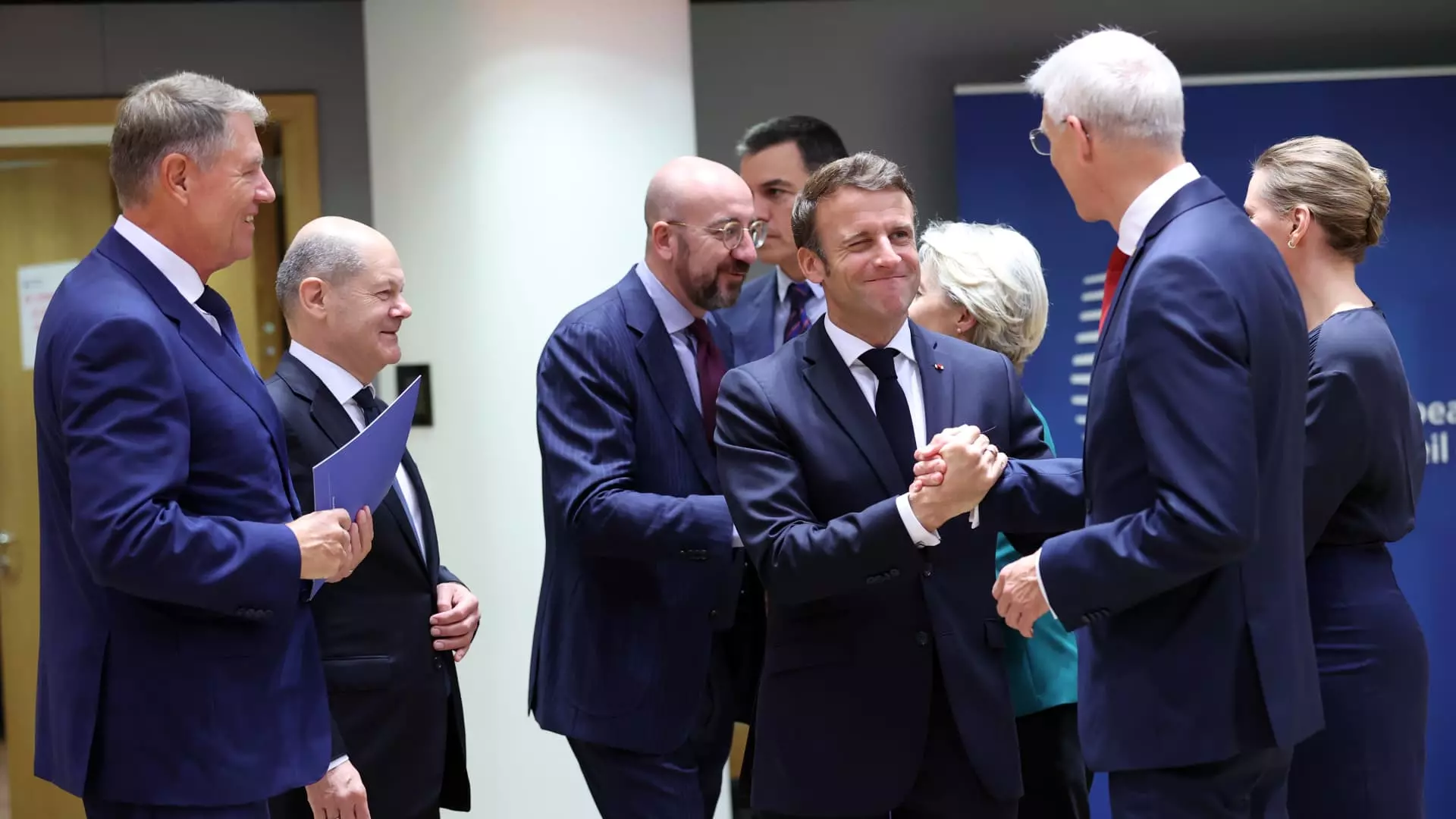Over the past two decades, the world order has relied heavily on the United States-led institutions, the growing influence of China, and Europe’s economic ties with various nations. However, the absence of a prominent European leader since Angela Merkel’s retirement in 2021 has created a significant void felt across all regions. Europe’s position has been further weakened by the Russian invasion of Ukraine, which isolated the continent from both Russia and China, ultimately depriving it of its political leadership. Despite attempts to establish a cohesive role for Europe in trade, economic development, and regional conflicts, the lack of a clear European leader on the international stage continues to widen the gap. This void has particularly undermined institutions like the World Trade Organization (WTO), where Europe’s leadership on trade has dwindled with the United States taking a more inward approach.
Brexit, the withdrawal of the United Kingdom from the European Union, dealt a severe blow to the push for free trade. The subsequent negotiations between the EU and Britain led to bureaucracy and protectionism, diverting both sides inward and away from their global responsibilities. This inward focus significantly weakened Europe’s standing and influence. The repercussions of Europe’s diminished strength in upholding global institutions became starkly evident during the Russian invasion of Ukraine. President Vladimir Putin directly referenced Ukraine’s aspirations to join the EU and NATO as motives for the conflict. Germany, previously a key player in engaging with Russia through its demand for natural gas, found itself hampered and unable to use this leverage.
Europe’s engagement with China as a separate entity from the United States has also suffered. Previously, Europe relied on China’s robust demand for its products, particularly German cars, to negotiate from a position of strength. However, Europe’s divide over Ukraine and internal fractures prevented it from playing a significant role in its interactions with China. Chinese leaders capitalized on European divisions during separate visits by European Commission President Ursula von der Leyen and French President Emmanuel Macron, further highlighting Europe’s sidelined position. Even an upcoming EU summit with China pales in comparison to President Xi Jinping’s highly anticipated visit to the United States for the APEC Summit, where Europe’s presence is marginalized.
The ongoing instability in the Middle East and Africa is another area where Europe’s lack of a clear position and ability to engage as a third-party mediator is evident. Internal divisions within European countries regarding issues like Hamas’ terrorism and the Israeli bombardment paralyze any collective European response. Instead, external actors such as China and regional powers like Qatar step in to fill the void left by Europe’s inaction. France, for instance, finds itself outmaneuvered in its West African relationships as Russia capitalizes on opportunities to exert influence through arms and energy sales and supports governments with military actions.
As the balance of power and influence in the global economy shifts toward countries like India, Indonesia, and Saudi Arabia, the instability of this multipolar world necessitates an engaged and unified Europe. The world relies on Europe to play a vital role in addressing the challenges of today, but its lack of leadership hampers progress. Europe must reclaim its position in global affairs and reestablish itself as a responsible and influential entity on the world stage. Only through a unified European voice can the pressing issues of our time be properly confronted and resolved.

Leave a Reply